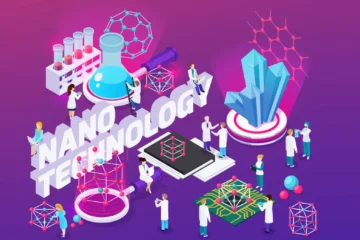In the fast-paced realm of technology, few innovations have had as profound an impact on our daily lives as mobile devices. From the early days of brick-sized cell phones to today’s sleek, multifunctional smartphones, the evolution of mobile technology has been nothing short of revolutionary. As we delve into its past and glimpse its future, it becomes apparent that mobile technology is shaping the very essence of connectivity in our world.
The Dawn of Mobile Communication
The inception of mobile technology can be traced back to the 1970s and 1980s when the first generation of mobile phones emerged. These devices were bulky and primarily designed for voice communication. Gradually, they evolved into smaller, more portable models, yet still limited in functionality.
The Rise of Smartphones
The true turning point came with the introduction of smartphones. The launch of devices like the BlackBerry and later the iPhone transformed mobile phones into sophisticated handheld computers. Suddenly, these gadgets were no longer just for calls; they became our cameras, music players, and gateways to the internet.
Connectivity Redefined
Today’s mobile technology has redefined the way we connect. With lightning-fast internet speeds, 5G technology has paved the way for quicker downloads, seamless video calls, and the Internet of Things (IoT). The integration of IoT into mobile devices has enabled us to control our homes, cars, and even health monitors through our smartphones.
Impact on Industries
The impact of mobile technology stretches far beyond personal use. Industries such as healthcare, finance, and education have been revolutionized. Telemedicine allows doctors to remotely diagnose and treat patients, mobile banking facilitates financial transactions at our fingertips, and e-learning platforms offer accessible education worldwide.
Future Innovations
Looking ahead, the future of mobile technology appears boundless. Augmented Reality (AR) and Virtual Reality (VR) applications are on the rise, promising immersive experiences in gaming, training, and even tourism. Foldable phones and wearable technology are pushing the boundaries of design and functionality, offering users new ways to interact with their devices.
Challenges and Considerations
As mobile technology continues to evolve, challenges emerge. Privacy concerns, cybersecurity threats, and digital addiction are areas that demand attention. Balancing innovation with ethical considerations becomes imperative as we navigate this rapidly advancing landscape.
Conclusion
The evolution of mobile technology has been an incredible journey, transforming how we communicate, work, and live. From humble beginnings as mere communication devices to powerful tools shaping our everyday experiences, the trajectory of mobile technology continues to ascend.



